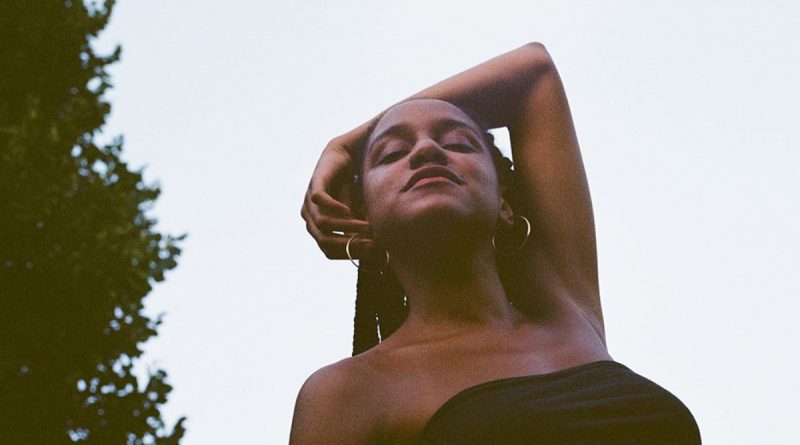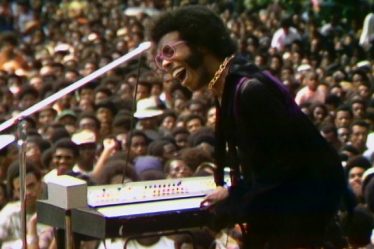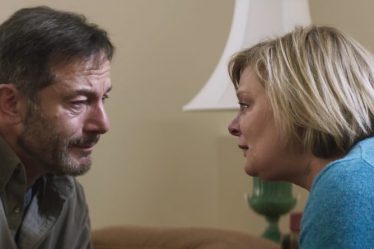
Millennial New Yorker and woman of color Rebeca “Beba” Huntt directs, writes, and produces her first documentary with Beba, a film centered on her own history, experience, and pain. Though it sounds like the height of self-absorption, it is actually a rare navel-gazer that, it turns out, is actually insightful, raw, and often unflinching in its introspection. Full of poetry, musings about her own life, and the occasional awkward family interview, it teeters on the line between narcissism and self-examination. Whether viewers are left believing she is a self-entitled young woman using the victim card, or an artist actively working to get out of her own way, will depend on their open-mindedness and perspicacity. When, early in the ubiquitous narration Rebeca says, “I’m going to war, and there will be casualties”, it’s clear she expects audiences to have opinions about the morality and rationale of the battles she wages.
Rebeca, or Beba, as her mother calls her, lays out what she sees as the seminal experiences that have placed her where she currently stands as a 20-something Afro-Latina living in America. She grew up in a tiny apartment in New York City with a Venezuelan mother, Black father, a brother and a sister. She did so in the shadow of her maternal grandmother, “a glamorous woman with schizophrenia”. She spent her early summers in the wilds of Venezuela, but starting in her late teens, she stayed in New York full-time. Her dad explains the parental choice of living in such close quarters as one based on safety, but in a sibling discussion, Beba’s sister tells of the time she brought a display of crack vials she found in the neighborhood garden for an assignment to “bring something you always see in your community”. As a young woman, Beba took a semester abroad in Ghana, in part to connect to her own Blackness. When she found out she had been accepted to Bard College, a move that would distance her from a family with a history of mental illness, she says she walked 60 blocks playing Dylan’s “How Does it Feel” in her headphones. All these attempts to redefine her own life led to ensconcing herself with the most popular, liberal, white students, all well and good until discussions about race starkly revealed their privilege.
To read this review in its entirety, go to AWFJ.org HERE.



